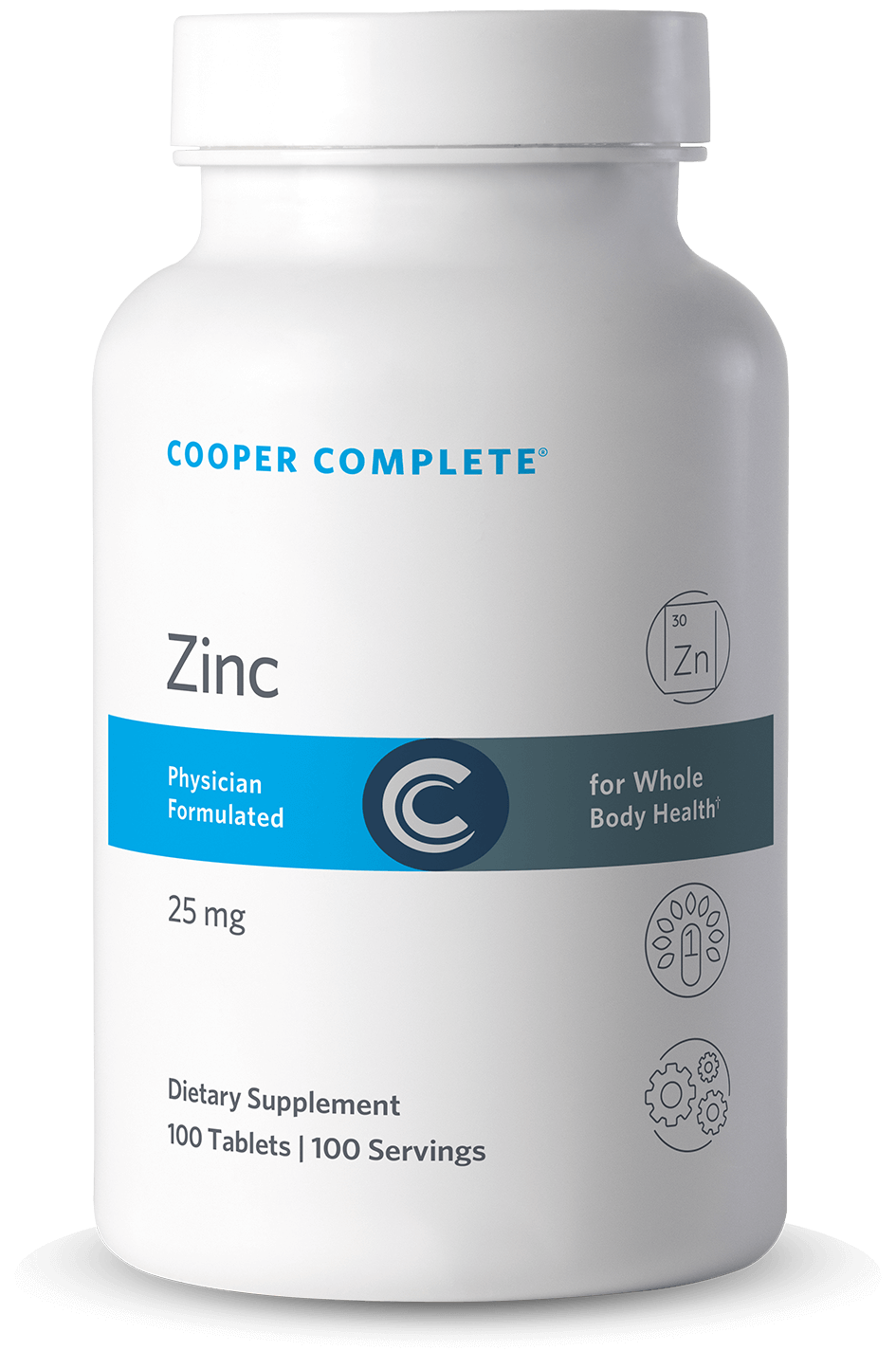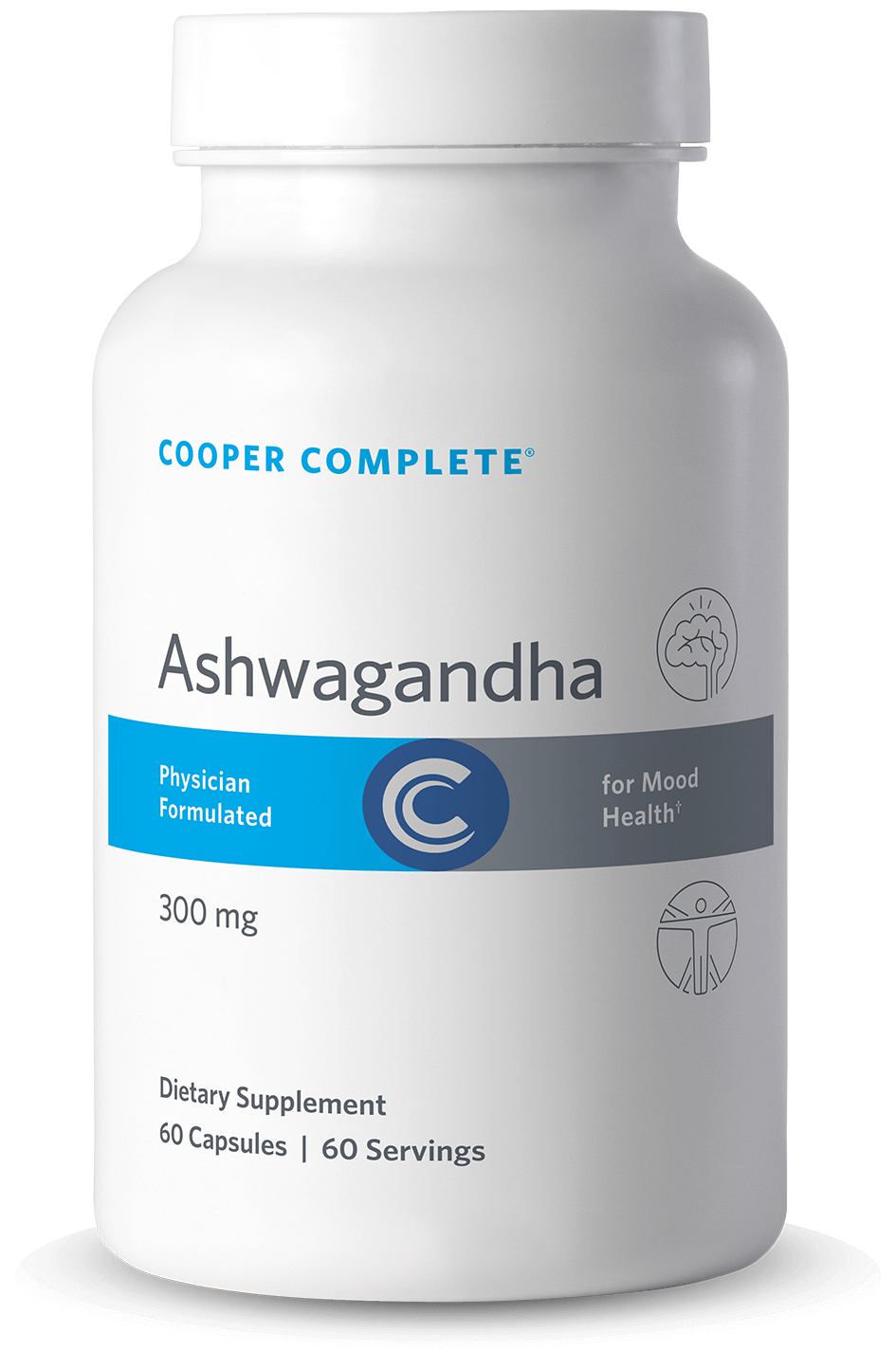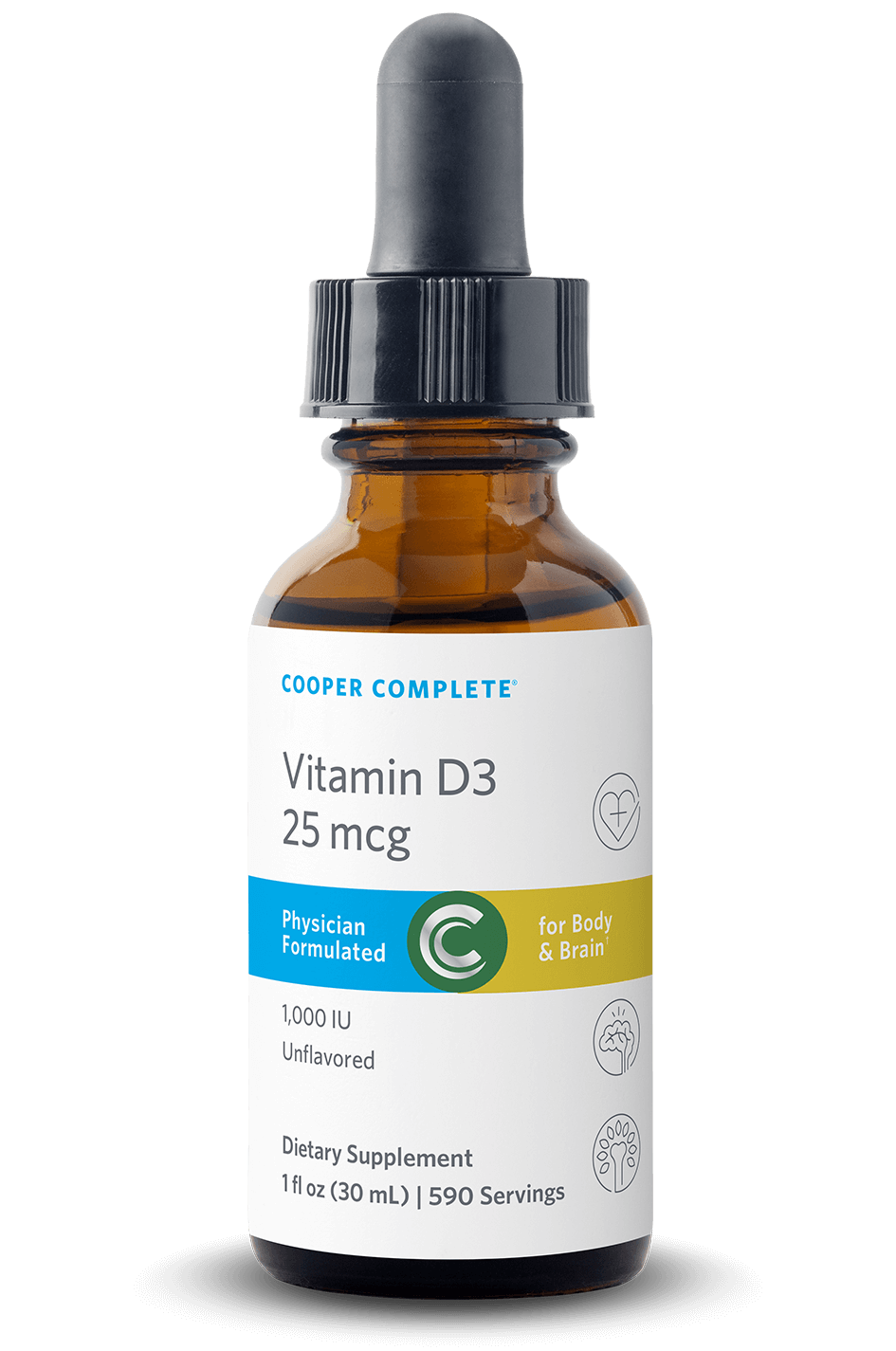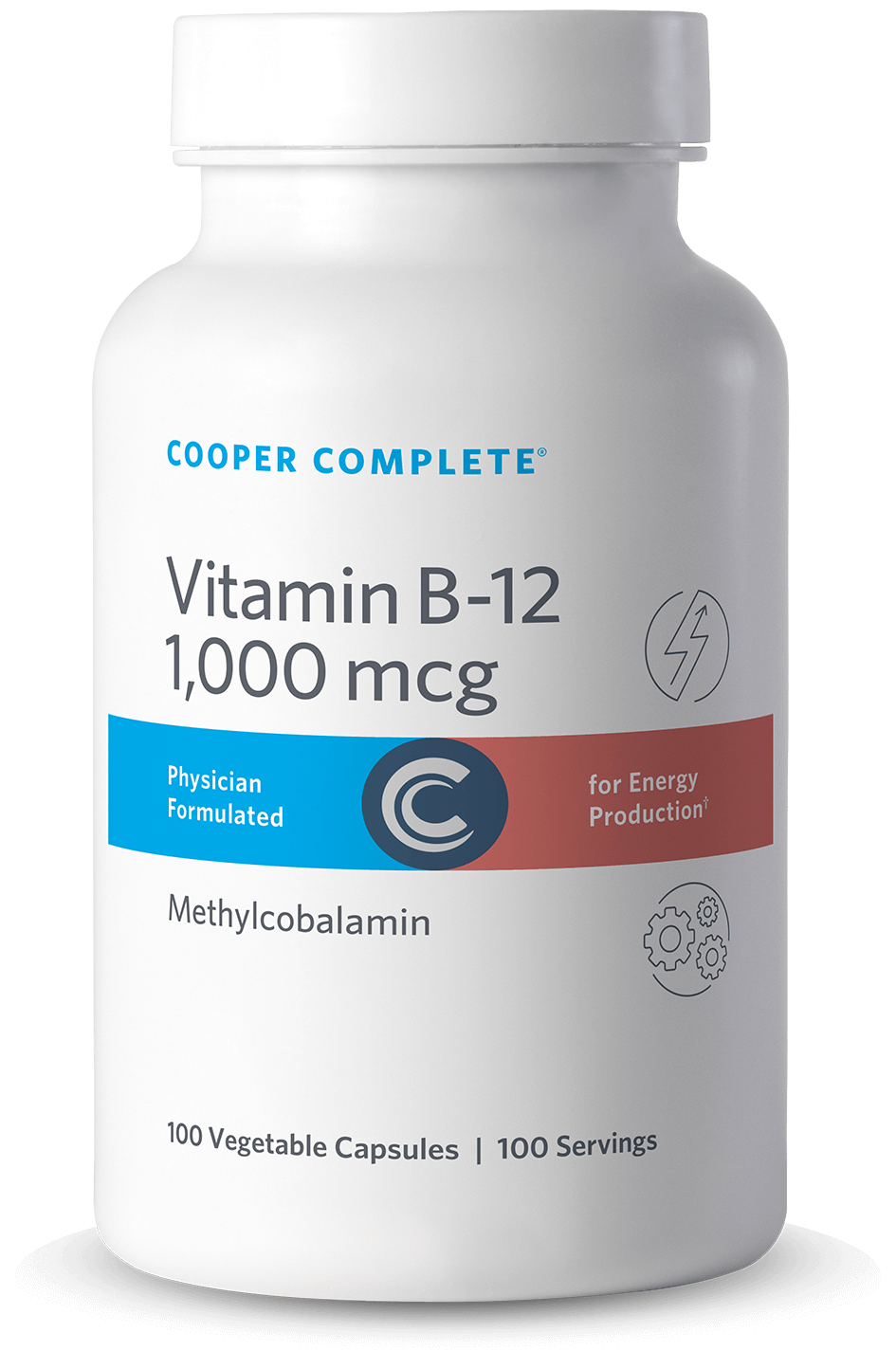Thyroid Awareness – Supplements for Thyroid Health

According to the American Thyroid Association, more than 12% of Americans will develop a thyroid condition in their lifetimes, with women five to eight times more likely than men to have thyroid issues. An estimated 20 million people in the U.S. have some form of thyroid disease, with as many as 60% of them unaware they have it. Additionally, the prevalence of hypothyroidism (HT) increased steadily from 2009 to 2019.
The thyroid is a hormone-producing gland that regulates the body’s metabolism—the rate at which the body produces energy from nutrients and oxygen—and affects critical body functions, such as heart rate and energy level. Undiagnosed thyroid disease may increase the risk of cardiovascular disease, osteoporosis and infertility.
Types and Causes of Thyroid Conditions
- Hypothyroidism—An underactive thyroid—the most common type of thyroid disease–occurs when the thyroid doesn’t produce enough thyroid hormone. This can cause fatigue, weight gain, constipation, depression, irregular or heavy menstrual periods or fertility issues.
- Hyperthyroidism—An overactive thyroid occurs when the thyroid produces too much thyroid hormone. This can cause the body and heart to race and result in weight loss, sleep issues, muscle weakness, frequent or loose bowel movements, irritability or nervousness.
- Thyroid cancer—Accounting for approximately 2.2% of all new cancer cases in the U.S., approximately 1.2% of adults are diagnosed with thyroid cancer at some point during their lifetimes. Women are three times more likely to be diagnosed than men. The average age of diagnosis is 51, which is younger than other cancers.
The causes of the most prevalent type of thyroid disease, hypothyroidism, are varied and include:
- Autoimmune disease
- Hashimoto’s disease is an autoimmune disease and the most common cause of hypothyroidism in the U.S., which attacks the thyroid gland and prevents it from making enough hormones.
- Surgical removal of part or all the thyroid gland
- Radiation treatment
- A common treatment for individuals with Graves’ disease (a genetic type of hyperthyroidism that is also an autoimmune disease), nodular goiter and thyroid cancer
- Congenital hypothyroidism
- Thyroiditis—Inflammation of the thyroid gland caused by a viral infection or autoimmune attack
- Medicines, such as amiodarone, lithium, interferon alpha and interleukin-2
- Too much or too little iodine
Nutrients (and Supplements) for Thyroid Conditions
Iodine
The body needs iodine to produce thyroid hormones. Iodized salt, dairy products (including milk, yogurt and cheese), eggs, fish, shrimp and other seafood are good sources of iodine. If your household uses a non-iodized salt such as sea salt, kosher salt, Himalayan salt or fleur de sel salts, you may not get enough iodine. Those following a Paleo diet, which excludes table salt and dairy products, and those following a diet that’s primarily plant protein may also not consume enough iodine.
Pregnant women need about 50% more iodine than other women, as maternal consumption is how the fetus gets iodine, and surveys show many pregnant women may not get quite enough. Too much iodine can cause problems as well, such as a goiter in the baby.
While iodine deficiency may lead to hypothyroidism, consuming too much iodine may contribute to hyperthyroidism. Seaweed and seaweed-based supplements contain significant levels of iodine, as do some cough syrups and prescription medications, such as ACE inhibitors for high blood pressure.

Zinc Supplement 25 mg
This Zinc Supplement is comprised of zinc gluconate and zinc citrate for optimal absorption. Zinc is important for muscle function, healthy aging, skin and immune health.
$20.48 Add to cartCooper Complete Original Comprehensive Multivitamin contains 150 mcg of iodine (from kelp) per daily serving. Consult your physician or health care provider—especially if you are or plan to get pregnant—about how much iodine you need.
Zinc
The body needs zinc to produce hormones T3, T4 and thyroid stimulating hormone. Zinc deficiency itself can cause hypothyroidism, as thyroid hormones are essential for the absorption of zinc. Food sources for zinc include meat, fish and seafood, fortified breakfast cereals, beans and legumes.
Conversely, the consumption of too much zinc can contribute to hyperthyroidism or Grave’s disease. Some denture adhesives contain zinc, and overuse can significantly increase zinc levels in the body.
Cooper Complete Zinc and Eye Health supplements contain 25 mg of zinc per serving. Comprehensive Original Comprehensive Multivitamin and Basic One Daily Multivitamins each contain 15 mg of zinc per serving. National Institutes of Health Office of Dietary Supplements advises that overall supplementation and dietary intake of zinc does not exceed 40 mg per day.
Iron
Iron is needed to synthesize and metabolize thyroid hormones in the body. Both hypothyroidism and hyperthyroidism can cause iron deficiency or anemia, which can significantly affect thyroid gland function, negatively impact treatment and block the relief of symptoms.
Iron deficiency can even trigger hypothyroidism. In fact, research shows as many as 43% of patients with symptomatic hypothyroidism also have iron-deficiency anemia. Conversely, patients with hyperthyroidism—including Graves’ disease—are more likely to have high levels of iron. And, while one might think higher levels of iron would help prevent anemia, they actually appear to trigger an inflammatory response that prevents the body from using iron normally.
Cooper Complete Original Comprehensive Multivitamin With Iron and Basic One Daily Multivitamin With Iron contain 18 mg of iron per serving. Cooper Complete Iron contains 54 mg of iron per serving.

Ashwagandha Supplement 300 mg
Ashwagandha Supplement supports a healthy response to stress, the immune system, restful sleep, and perimenopause discomfort.
$16.98 Add to cartAshwagandha
A small study of 50 adults aged 18-50 has shown improved thyroid function in adults with subclinical hypothyroidism—defined as moderately elevated TSH levels (4.5-10 mIU/L) and normal levels of T3 and T4—who consumed 300 mg of highly concentrated ashwagandha root extract twice daily (600 mg total) for two months. While more research is needed, this small study was interesting. In addition, it’s not uncommon for mood symptoms of hyperthyroidism to include anxiety and several small studies suggest ashwagandha has a beneficial impact on perceived stress. Benefits were greater when the participants took 500 to 600 mg/day over lower amounts.
Cooper Complete Ashwagandha supplement contains 300 mg per capsule.
Selenium
The body needs selenium for thyroid gland function, as well as reproduction, DNA production and protecting the damage caused by free radicals from infection. While the typical American diet finds major sources of selenium in breads, grains, meats, poultry, fish and eggs, the richest food sources of selenium are brazil nuts, seafood and organ meats. (See also https://coopercomplete.com/blog/minerals-benefits/)
Selenium deficiency is very rare in the U.S., though studies suggest lower levels of selenium may be connected to thyroid issues and an increased risk of certain types of cancer, while adequate levels may help reduce the risk of cardiovascular disease. National Institutes of Health recommends daily selenium consumption of 55 mcg for adults and higher amounts for pregnant (60 mcg) and breastfeeding women (70 mcg). Cooper Complete Comprehensive Original Multivitamin and Basic One Daily Multivitamin each contain 100 mcg of selenium per serving.
While these studies may be finding connections between selenium consumption and certain health conditions and risks, whether selenium dietary supplements can help treat or reduce the risk of these conditions is not clear. More research is needed to understand the effects of selenium supplementation on thyroid disease.

Vitamin D3 25 mcg (1000 IU) Liquid Drops
Vitamin D3 Liquid Drops are designed for individuals who don't get enough vitamin D from sunlight or diet and prefer a non-pill, liquid vitamin. Each small, one-ounce bottle provides almost 600 drops of 1000 IU (25 mcg) of vitamin D3.
$25.98 Add to cartVitamin D
Vitamin D is an essential nutrient for the normal functioning of the thyroid gland, just as it is for many other organs. And, while vitamin D deficiency is considered a risk factor for autoimmune thyroid diseases and thyroid cancer, the medical community continues to seek a better understanding of the relationship.
Studies have shown a connection, however, with 96 percent of Hashimoto’s disease patients also being vitamin D deficient. Vitamin D has also been suggested for people with Grave’s disease, though it has not been found to increase or sustain remission in people with Grave’s disease who already had sufficient levels of vitamin D.
Nonetheless, given the relationship between vitamin D deficiency and the incidence of hypothyroidism, and vitamin D’s role in improving immune response, it stands to reason that maintaining adequate vitamin D levels could decrease its risk.
Cooper Complete Comprehensive Original Multivitamin and Basic One Daily Multivitamin both contain 50 IU (2000 IU) of vitamin D3, and standalone D3 options include 25 mcg (1000 IU) and 125 mcg (5000 IU).
Calcium
Levels of calcium in the body tend to reflect its level of thyroid hormones. Studies have shown patients with hyperthyroidism tend to have high calcium levels, while hypothyroidism patients have lower calcium levels. But, while calcium supplementation is often recommended for patients with hypothyroidism—low thyroid hormone and calcium levels—specifically how and when supplements are taken is critically important.
Treatment of hypothyroidism usually involves thyroid hormone replacement medications, the effectiveness of which can be compromised by calcium supplements or antacids with calcium, as they can interfere with the absorption of those medications. This is a special concern for post-menopausal women, since they are also at a higher risk of hypothyroidism and osteoporosis.
For example, individuals with Hashimoto’s disease may take the medicine levothyroxine (Synthroid®). If they also take calcium supplements—alone or as part of a multivitamin—they’re advised to take the supplement at least 4 hours before or 4 hours after taking levothyroxine. Additional guidelines may help improve the efficacy of both thyroid medications and calcium.

Vitamin B12 Methylcobalamin Supplement 1000 mcg
Cooper Complete B12 Methylcobalamin Supplement contains the most active, absorbable form of vitamin B12 as it does not require conversion in the body. (Note: This product was previously offered in a liquid form.)
$19.98 Add to cartCooper Complete Calcium Citrate contains 500 mg of calcium citrate per serving. The citrate form of calcium is better absorbed than other forms.
Vitamin B12
Not unlike vitamin D, significant evidence exists on the association between vitamin B12 and thyroid disease, with nearly half of hypothyroidism patients also being vitamin B12 deficient. A systematic review and meta-analysis of vitamin B12 levels in thyroid disorders across 64 studies found individuals with hypothyroidism had lower levels of vitamin B12 than healthy individuals.
B vitamins help convert food into energy, play an essential role in the metabolism of red blood cells and strengthen the nervous system. Found in foods such as whole grains, milk, eggs, meat, fish, fruits and dark leafy greens, B vitamins can also be consumed safely through supplementation as there is no evidence of negative interaction with thyroid medications.
Cooper Complete Original Comprehensive Multivitamin and Basic One Daily Multivitamin each contain 400 mcg of vitamin B12 in the methylcobalamin form per daily serving. Each daily serving of Cooper Complete Advanced B Complex contains 500 mcg of vitamin B12 per serving, as well as B1 (thiamine), B2 (riboflavin), B3 (niacin), B5 (calcium pantothenate) and B6.
For individuals needing to build higher levels of vitamin B12, Cooper Complete Vitamin B12 contains 1,000 mcg of vitamin B12 as methylcobalamin per daily serving.
Your physician understands your health profile best and should be consulted whenever considering additional supplements to add to your daily regimen.
